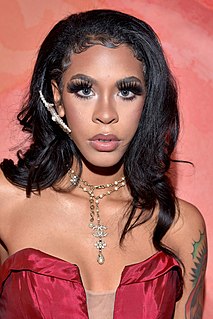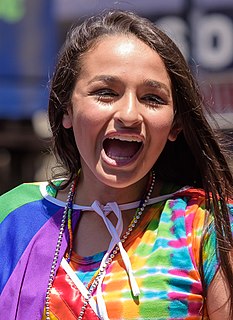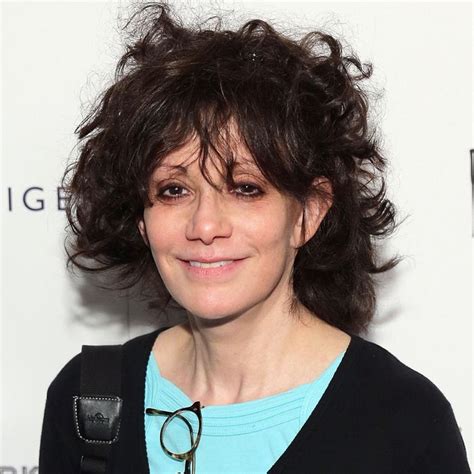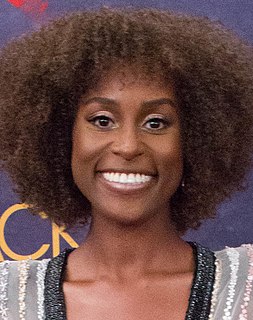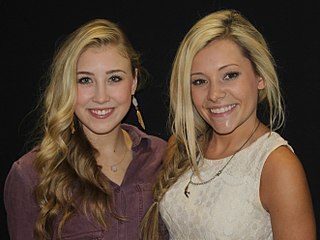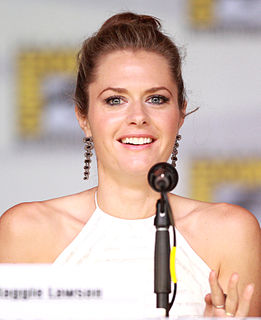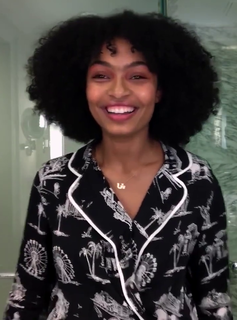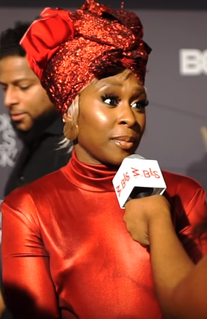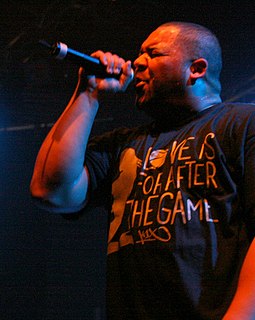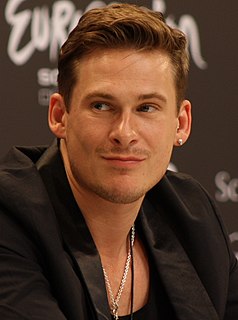A Quote by Rico Nasty
I don't want to be that stereotypical black girl that's mad all the time.
Quote Topics
Related Quotes
I've always been 'other' in all the spaces that I've been in. Even when I first moved to America, just the idea that I was a dark-skinned black girl from England with an accent. It's one thing to be a black girl, but it's another to be a dark black girl. I was chastised for that. I was chastised for the way I spoke.
I've always been able to write rhymes and that would be like when you consult with your girl. When I'm mad and s - t like that I would throw headphones on and close my room door, when I'm mad I just close the door with my girl and f - k her. In so many different ways hip-hop has been like my girl and it's always been there to hold me down.
